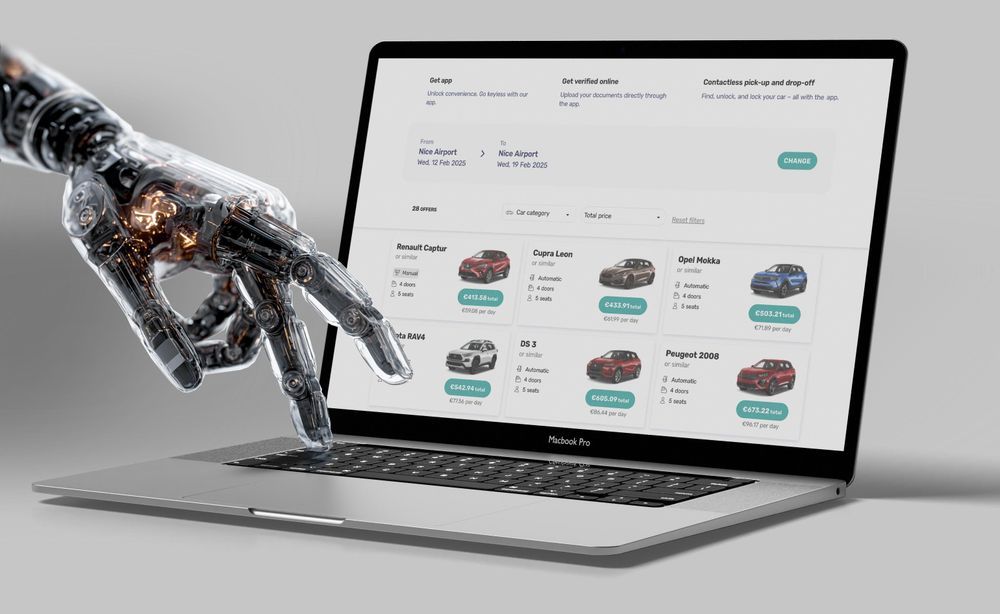Fleet as a Service (FaaS) is a model in which companies outsource their entire fleet to a third-party provider, gaining access to vehicles through a subscription or on-demand basis. This approach removes the need for significant upfront investment and typically covers most running costs, including insurance, maintenance, and depreciation.
Instead of owning and managing their own cars, vans, or buses, businesses can rely on a FaaS provider. This model is especially attractive to companies that depend heavily on transport, such as ride-hailing platforms, delivery businesses, and even some car rental companies. The provider acts as the fleet operator on the client’s behalf, taking care of all aspects of fleet management.
One of the key advantages of FaaS is its strong integration with technology. Vehicles are fitted with advanced systems that gather data on mileage, telematics, driving behaviour, energy use, and vehicle health. The providers then analyse this data is to provide insights that help boost efficiency, cut fuel or energy consumption, and reduce overall operating costs.
Much like other Everything as a Service (XaaS) models, FaaS offers clear benefits: it’s flexible, easy to scale, and helps control costs. As a result, businesses can quickly increase or reduce the number of vehicles they use. This makes it a great fit for companies that are growing fast or have seasonal peaks in demand.



